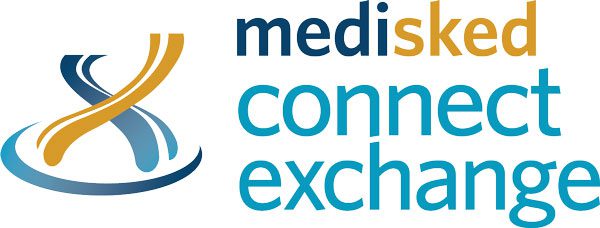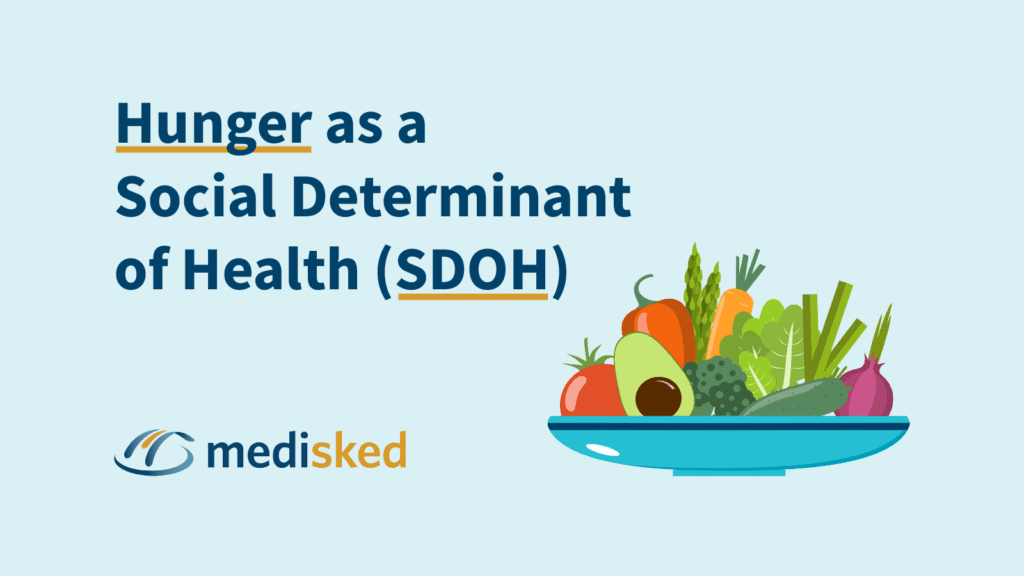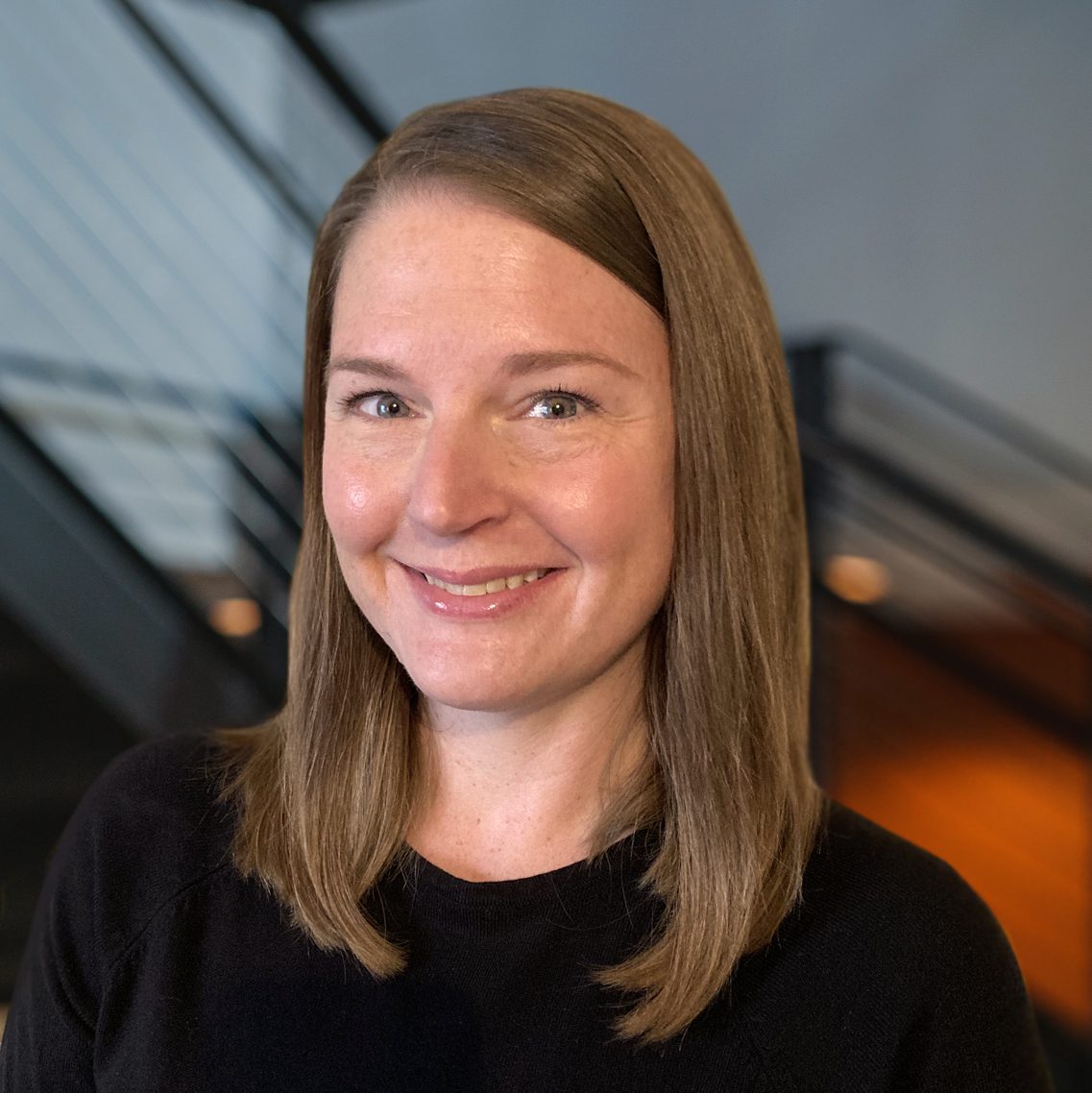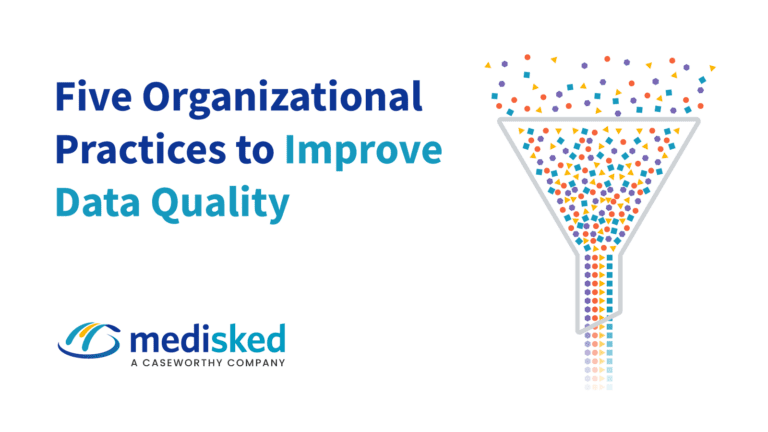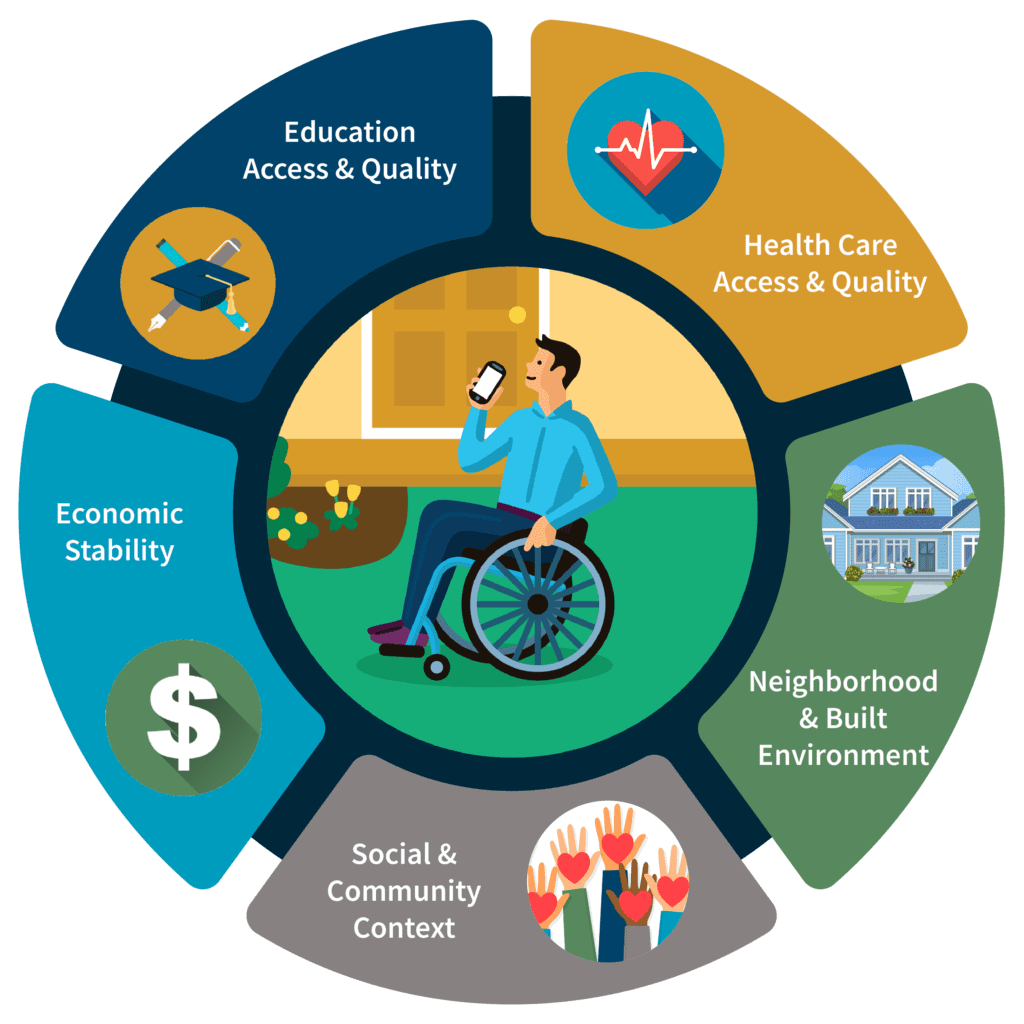
Social determinants of health (SDOH) are the conditions in the environments where people are born, live, learn, work, play, worship, and age that affect a wide range of health, functioning, and quality-of-life outcomes and risks. SDOH contribute to people’s health, well-being, and quality of life, as well has health disparities and inequities.
A key example of SDOH is access to nutritious foods and physical activity opportunities. People who don’t have access to these necessities are far more likely to develop serious health problems than people with the resources required to make healthy choices.
Private- and Public Sector Join White House in Bold Mission to End Hunger
From well-known corporate entities such as Walgreens, Google, AARP, and American Academy of Pediatrics to community foundations, start-up tech firms and U.S. government departments, dozens of organizations are responding the Biden Administration’s plan to end hunger and reduce diet-related disease in the U.S. by 2030.
At the White House Conference on Hunger, hosted on September 28, 2022, President Joe Biden presented his five-pillar approach to take action in this important mission. So far, 60+ companies and organizations have pledged over $8 billion in support of the plan.
Each pillar addresses a key component in the fight against hunger and diet-related diseases such as diabetes, hypertension, and obesity:
Pillar 1: Improve Food Access and Affordability
Make healthy food more affordable. Included in this pillar are initiatives to increase access to fresh produce, provide no-cost dietician programs to vulnerable communities, boost SNAP enrollment for eligible families, support low- or no-cost school lunch programs, establish free mobile food pantries, and more.
Pillar 2: Integrate Nutrition and Health
You are what you eat. This pillar focuses on the link between food and health through a “food is medicine” approach. Companies investing in this pillar are delivering nutrition education programs to the general public and funding more diet-related training for medical professionals.
Pillar 3: Empower Consumers to Make and Have Access to Healthy Choices
Healthy choices made easier. Organizations supporting this pillar are increasing access to healthy menu options in restaurants and school nutrition programs, incentivizing consumers to make healthier food purchases at the grocery store, and making healthier foods more convenient.
Pillar 4: Support Physical Activity for All
Exercise opportunities for all. This pillar is all about getting people moving by providing more equitable access to exercise facilities and outdoor recreation areas. Also included in this pillar are programs to empower people to better manage their own chronic conditions, expanding fitness programs for people with intellectual disabilities, and educating people on the link between increased physical activity and improved mental health.
Pillar 5: Enhance Nutrition and Food Security Research
Building a 360° solution. This pillar is dedicated to shedding light on the why behind food insecurity and how to help consumers build healthier habits in the long-term. Investment in this pillar is also bridging the gaps between what are largely considered “separate” systems such as healthcare, education, technology, and food supply.
How We Can Contribute
Millions of families in the U.S. are experiencing food scarcity, and many believe that ending hunger in America is absolutely achievable. But it will require cooperation and a wholesale change in how everyone shops for, thinks about, talks about, and understands food.
Home and community-based services (HCBS) organizations can help this initiative by tracking SDOH for the individuals they support. MediSked’s reporting tools enable organizations across the long-term services and supports (LTSS) continuum to identify specific SDOH and make interventions to improve lives. Request a demo to learn more!
Sources
- White House Fact Sheet: “The Biden-Harris Administration Announced More Than $8 Billion in New Commitments as Part of Call to Action for White House Conference on Hunger, Nutrition, and Health,” September 28, 2022
- US Census Household Pulse Survey: Food Scarcity
- US Department of Health and Human Services: Social Determinants of Health


